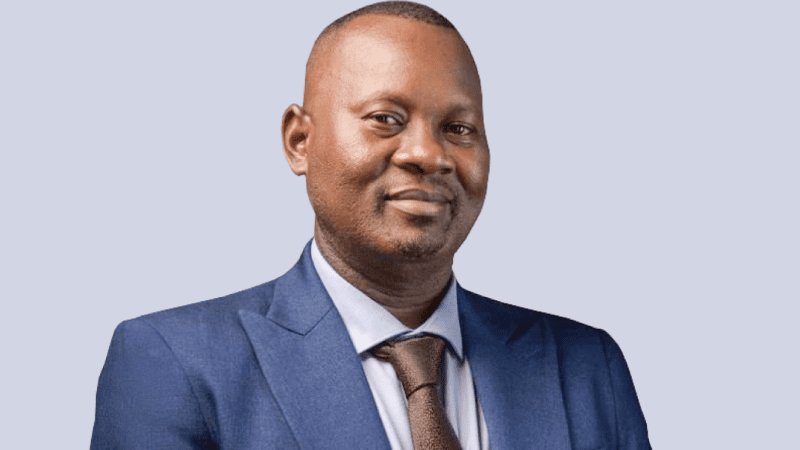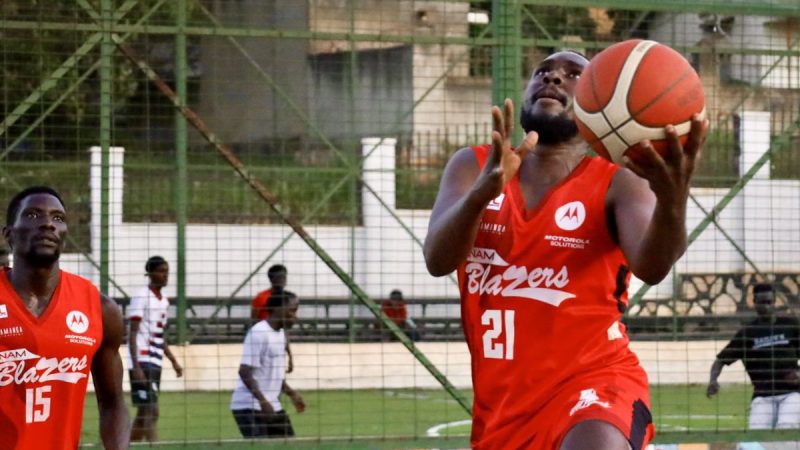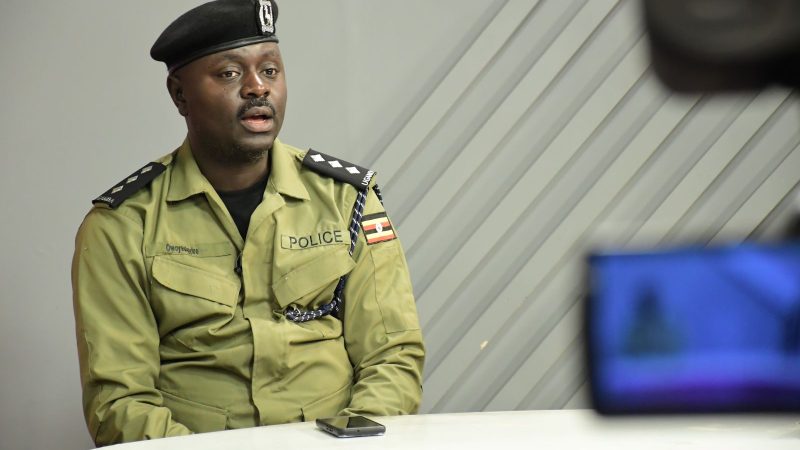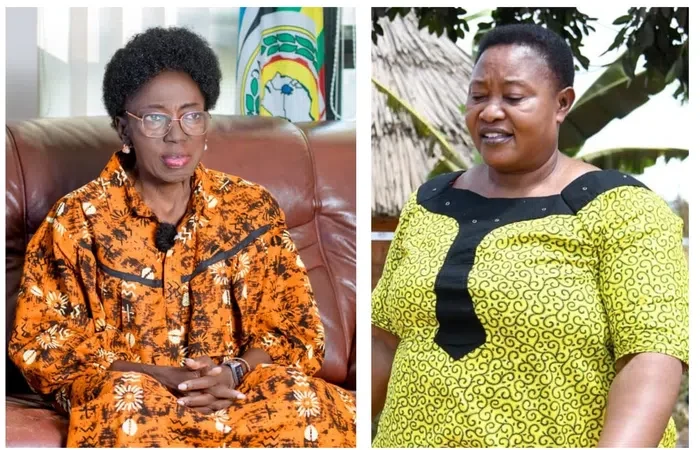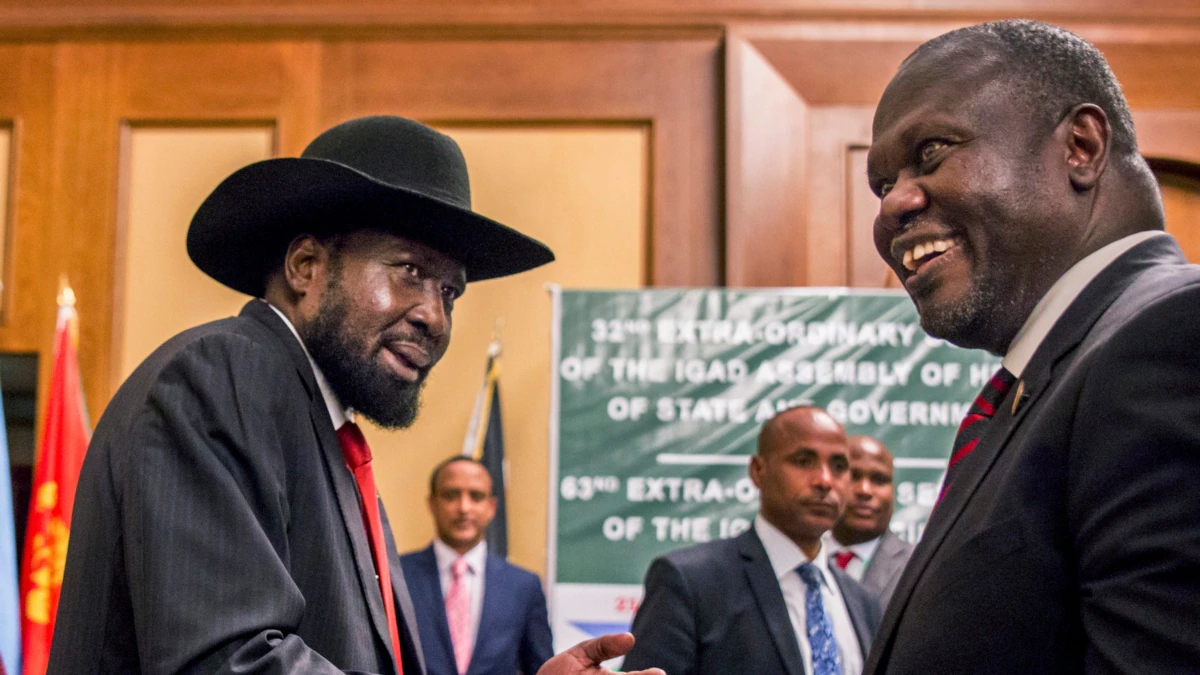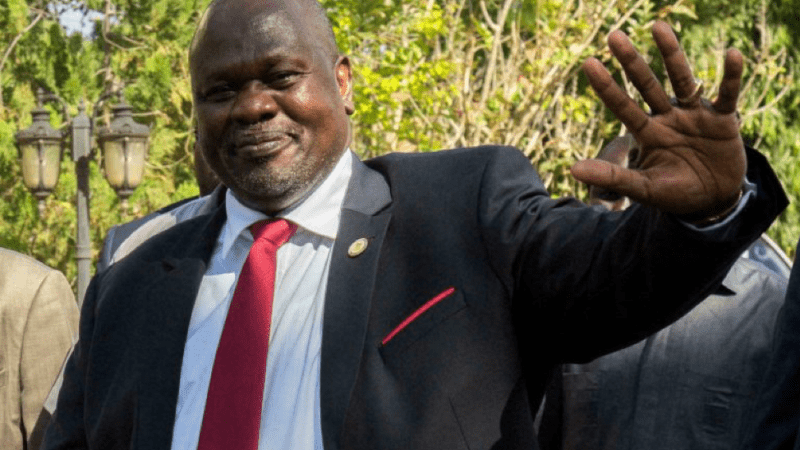A proposal by a national Member of Parliament to extend the South Sudan transitional government’s lifespan for additional five years has drawn sharp reactions.
In a letter dated 2nd January 2024, and addressed to President Salva Kiir Mayardit, MP David De Dau who represents Twic East County in the Transitional National Legislative Assembly said the current two-year extension is insufficient and risks plunging the country back into war.
The South Sudan Opposition Alliance (SSOA) MP said, “The approaching year, 2024, signifies an election year as per the R-ARCSS calendar, extended through the Road Map Agreement. The purpose of elections is to confer legitimacy upon the existing government. However, if these elections are marred by irregularities, organizational deficiencies, and mismanagement, the issue of legitimacy persists as a significant concern. Instead of this, I am putting forth this uncommon proposal, prioritizing the welfare of our people and the preservation of lives and property.”
During the proposed extension period, the lawmaker proposes that President Kiir leads the government with one vice-president who he said should be Riek Machar, the leader of the main opposition Sudan People’s Liberation Movement in Opposition (SPLM-IO).
David said the other four vice presidents should then be given high portfolios in the government with some few other effective ministers currently serving in the government.
David said he proposed a five-year term with a leaner government, with a reduced executive and national legislature.
“The judiciary needs a total overhaul from the top to the last man or woman and must also be reformed and transformed from conducting its operations in the Arabic language to conforming to the provisions of the Constitution of South Sudan that recognizes the English language as a language of official communication,” he wrote.
The proposal has sparked criticism and condemnation from various political parties, civil society groups and citizens, who see it as a ploy to prolong the rule of President Salva Kiir and his allies and to deny the people their right to choose their leaders through elections.
Bol Deng Bol, the Chairperson of Jonglei Civil Society Network, strongly opposed the proposal terming it, “unacceptable”.
He said it would undermine the implementation of the 2018 Revitalized Peace Agreement and the aspirations of the people of South Sudan for a peaceful and prosperous future.
“I understand the prostration but I will honestly and respectfully disagree with the MP that extending this Revitalized Peace Agreement, means the extension of the problems we are facing right now for more five years,” he said.
He said the problems include; internal conflicts, corruption in the country including reforms that have not been realized in the government institutions and lack of civic space.
“So, extending all these problems and negativity of the Revitalized Peace Agreement for more five years is a bad thing for South Sudanese,” he said.
Bol accused the transitional government of mismanaging the economy, violating human rights, suppressing civil society and media, and failing to address the humanitarian crisis and the intercommunal violence that have plagued the country.
“What we need right now is not extension, what we need is the support to the institutions or commissions, including the National Election Commission and the National Constitution Review Commission. If there is a political will to allow these commissions to work freely and independently, I completely believe that this time can be enough for us to close the chapter of transition peacefully with South Sudanese on top of it,” Bol added.
Bol called on the people of South Sudan to resist any attempts to extend the transitional period and demand for their democratic rights and freedoms.
The RTGoNU, was formed in February 2020, after delays is a power-sharing arrangement between the government and the opposition parties that signed the Revitalized Agreement on the Resolution of the Conflict in the Republic of South Sudan (R-ARCSS) in 2018. This was triggered by the civil war that broke out in 2013 and claimed the lives of thousands of people, displacing millions more.


